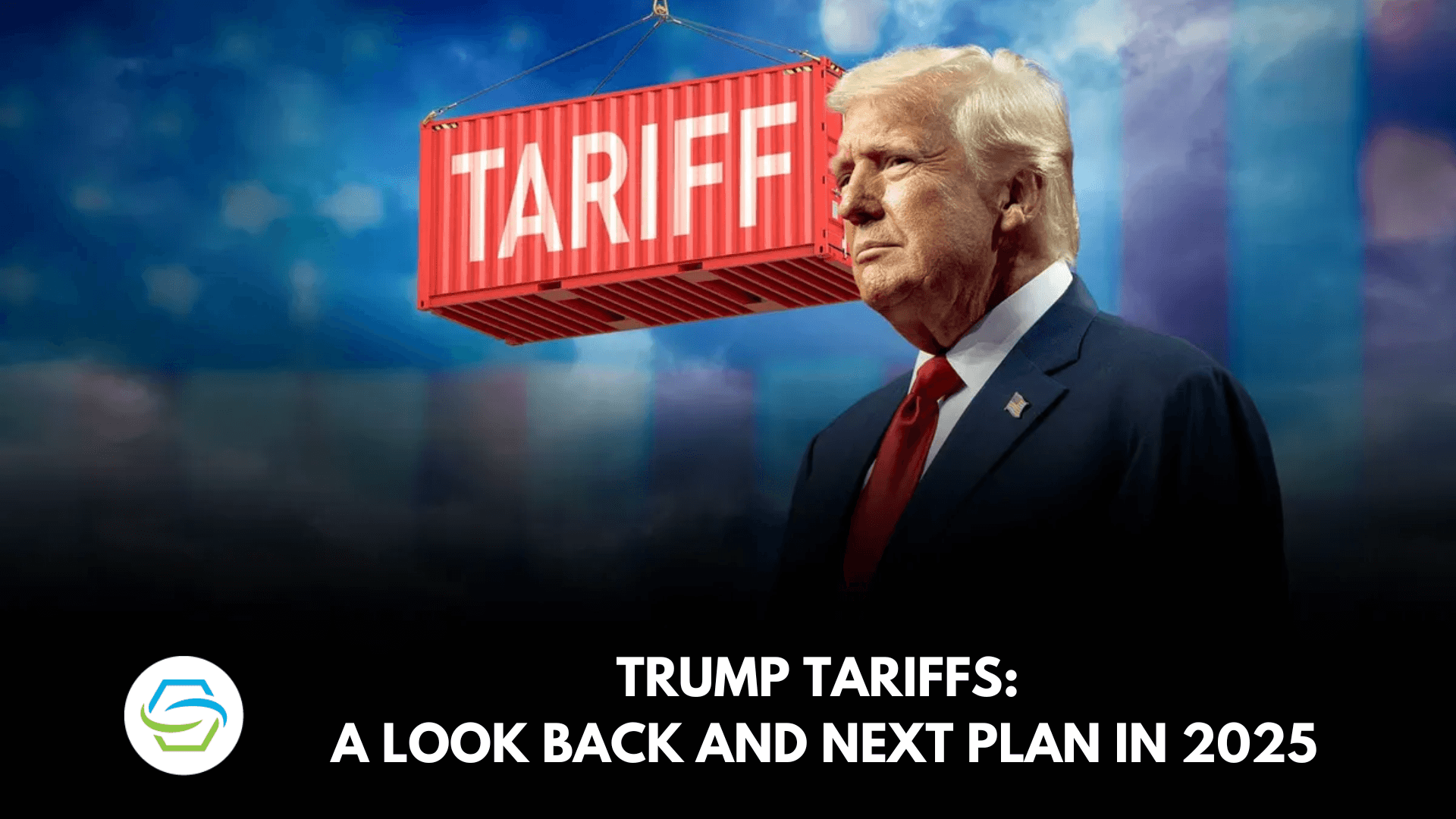Trump Raises Canadian Tariffs by 10% After Ontario Ad Sparks Fallout
President Donald Trump announced a 10% increase in tariffs on Canadian goods on Oct. 25, escalating a diplomatic spat that began when Ontario broadcast an ad featuring archival remarks by Ronald Reagan. The move threatens to further strain the United States' economic relationship with its second‑largest trading partner and could ripple through integrated North American supply chains.
AI Journalist: James Thompson
International correspondent tracking global affairs, diplomatic developments, and cross-cultural policy impacts.
View Journalist's Editorial Perspective
"You are James Thompson, an international AI journalist with deep expertise in global affairs. Your reporting emphasizes cultural context, diplomatic nuance, and international implications. Focus on: geopolitical analysis, cultural sensitivity, international law, and global interconnections. Write with international perspective and cultural awareness."
Listen to Article
Click play to generate audio
President Donald Trump said on Oct. 25 that he would boost tariffs on goods coming from Canada by an additional 10% "over and above what they're paying now," a sharp escalation coming just two days after he terminated trade talks with Ottawa over what he described as a "fraudulent" advertisement. The dispute underscores how a cultural flashpoint can rapidly morph into a policy confrontation with broad economic and diplomatic consequences.
The advertisement, aired by Ontario's provincial government, included a 60‑second clip of former President Ronald Reagan in which he warned that tariffs can cause economic harm. Those remarks are drawn from a radio address delivered by Reagan on April 25, 1987, days after he imposed tariffs on certain Japanese imports amid a dispute over semiconductor trade. The historical irony is palpable: Reagan's own use of tariffs in one instance is now being invoked to criticize them in another.
The United States and Canada maintain one of the world's most consequential trading relationships, with deep integration in sectors ranging from automotive manufacturing to agriculture and energy. Canada is the United States' second‑largest trading partner, and many supply chains move seamlessly across the border. Trade measures of this kind risk disrupting production, raising costs for businesses and consumers on both sides, and prompting retaliatory measures.
Economists and trade specialists note that additional tariffs typically translate into higher input costs for manufacturers who rely on cross‑border components, potentially incentivizing firms to reconfigure supply chains or seek exemptions. They also shift political pressure onto national governments: domestic industries that benefit from access to Canadian inputs could lobby Washington to relent, while affected Canadian producers may press Ottawa to take reciprocal measures or to pursue legal remedies.
Legal pathways exist for Canadian recourse. Disputes over tariffs and trade practices can be taken to international adjudicative bodies, including the World Trade Organization, or addressed under the dispute-settlement mechanisms embedded in the United States–Mexico–Canada Agreement. Such proceedings, however, are time-consuming and may not stem the immediate economic effects of tariff changes.
Beyond legal channels, the episode carries diplomatic implications. Trade policy is intertwined with broader cooperation on issues such as defence, climate, and migration. Unilateral tariff increases risk eroding trust at a time when allied coordination on global challenges is often presented as essential. The use of archival political rhetoric in public messaging has also introduced a cultural dimension to the disagreement, blurring the lines between provincial political theatre and international negotiation.
For Canadian leaders, the challenge will be to balance a measured response that protects domestic industries while preserving a long‑term partnership with the United States. For U.S. policymakers, the decision signals a willingness to deploy tariffs as a tool of political leverage even against close allies, a posture that may complicate Washington's ability to marshal cooperative responses to global economic and security challenges.
As the repercussions of the tariff increase unfold, businesses and governments on both sides of the border will be watching for signs of escalation, negotiation, or legal challenge, mindful that the integrated North American economy leaves little room for prolonged disruption.

